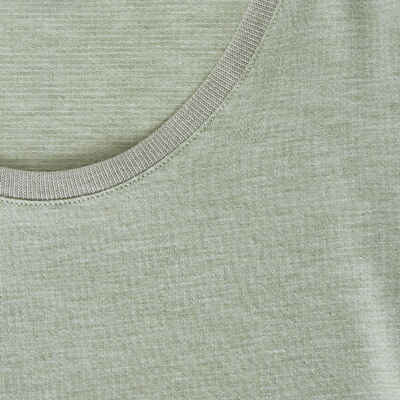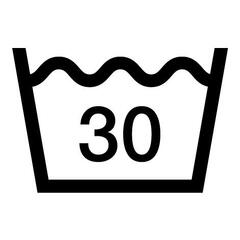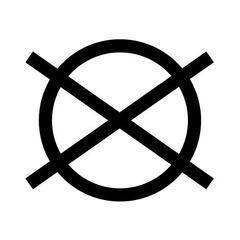Women's Hiking Tank Top NH500
Store Availability
Store availability
Ecodesign approach
With ecodesign, we reduce the environmental impact of our products.
Analysing the product's environmental footprint enabled us to identify the most impactful stages of its life cycle. Thanks to this approach, our design teams were able to develop this product while significantly reducing its environmental impact.
Ecodesign actions on this product
-
 Material
MaterialCellulosic Fiber
Textile part made of 32% celullosic fiber
Cellulosic fibers are artificial fibre, 100% cellulosic and biodegradable, produced from wood pulp (mainly eucalyptus but also oak or birch) dissolved in a non-toxic and recyclable solvent. It is manufactured in an almost closed circuit, which is environmentally friendly.
-
 Material
MaterialRecycled polyester
Textile part made of 37% recycled polyester
We have incorporated recycled polyester into this product (instead of conventional polyester, which is itself derived from petrochemical plastic). What does this mean? In addition to being technical, this product has been designed taking into account its environmental impact: using recycled polyester means recovering and transforming products destined to be thrown away, such as production offcuts or plastic bottles, instead of using new oil resources.
-
 Material
MaterialRecycled cotton
Textile part made of 19% recycled cotton
To limit the environmental impact of this product, while preserving its quality, we used recycled cotton. Because cotton is a natural material that requires a lot of water and pesticides in conventional culture (which leads to a degradation of biodiversity and pollution of soils and water tables). By choosing recycled cotton, we reduce the use of virgin cotton in favor of fabrics destined to be thrown away.




